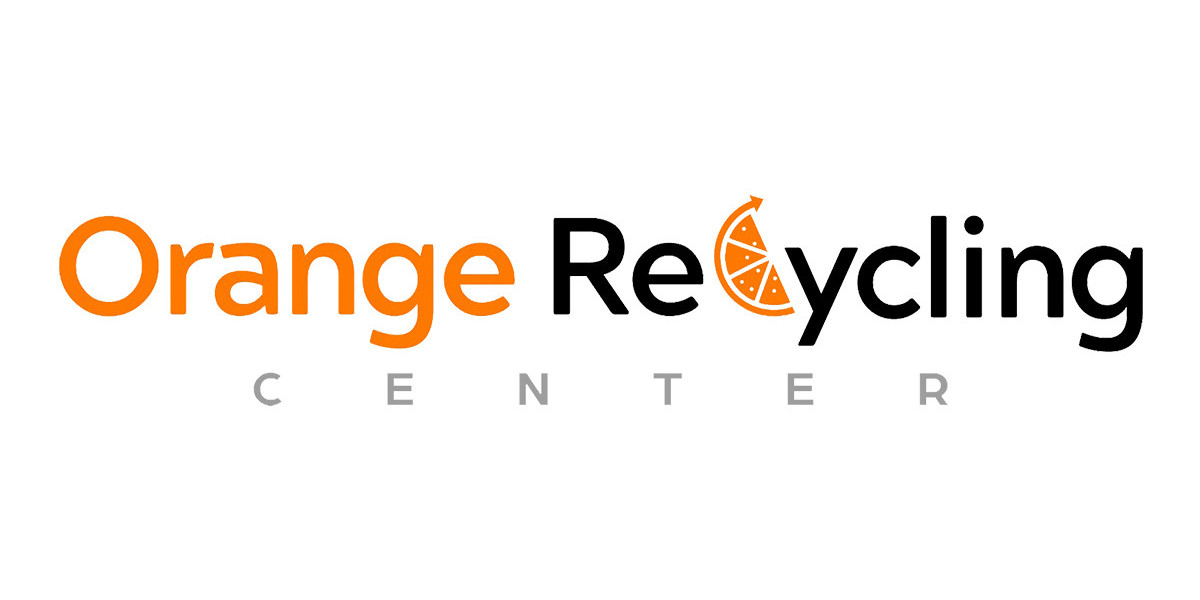Ferrous metal recycling plays a crucial role in conserving natural resources, reducing waste, and promoting sustainable industrial practices. These metals, which primarily contain iron, are widely used in construction, automotive, and manufacturing industries. Recycling ferrous metals not only benefits the environment but also supports economic growth by reducing the demand for raw materials.
What Are Ferrous Metals?
Ferrous metals are metals that contain iron and are prone to rust and corrosion when exposed to moisture. Some common examples include:
Steel – Used in construction, automotive, and household appliances.
Cast Iron – Found in pipes, engine blocks, and cookware.
Wrought Iron – Utilized in fencing, railings, and decorative items.
These metals are magnetic, which makes them easy to separate from non-ferrous metals during the recycling process.
The Ferrous Metal Recycling Process
The recycling of ferrous metals involves several key steps:
Collection – Scrap ferrous metals are collected from various sources, including demolition sites, manufacturing plants, and household appliances.
Sorting – Using magnetic separation, ferrous metals are separated from non-ferrous materials.
Shredding and Melting – The metals are shredded into smaller pieces to facilitate melting in a furnace.
Purification – Impurities and contaminants are removed through refining processes.
Solidification and Processing – The molten metal is cooled and processed into sheets, bars, or other forms for reuse in manufacturing.
Benefits of Ferrous Metal Recycling
Recycling ferrous metals offers numerous benefits, including:
Environmental Conservation – Reduces the need for mining, conserving natural resources and minimizing habitat destruction.
Energy Savings – Producing metal from recycled materials requires significantly less energy than mining and processing raw ore.
Waste Reduction – Keeps scrap metal out of landfills, reducing environmental pollution.
Economic Advantages – Creates jobs in the recycling industry and reduces production costs for manufacturers.
Challenges in Ferrous Metal Recycling
Despite its benefits, ferrous metal recycling faces some challenges:
Contamination – Presence of non-metallic materials can affect the quality of recycled metal.
Corrosion and Rust – Heavily corroded metals may require additional processing.
Market Fluctuations – Prices of recycled metals vary depending on demand and global metal markets.
Conclusion
Ferrous metal recycling is an essential practice that contributes to environmental sustainability and economic efficiency. By reusing these metals, industries can reduce their carbon footprint, conserve resources, and lower production costs. With continuous advancements in recycling technology, the process is becoming more efficient, ensuring a sustainable future for metal usage.








